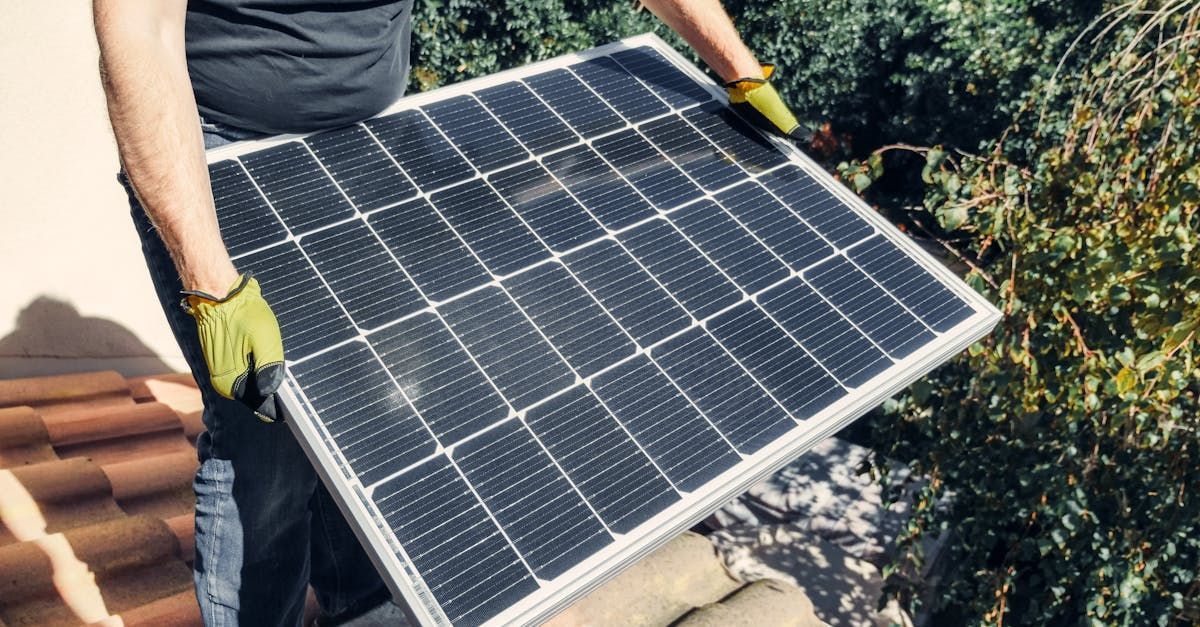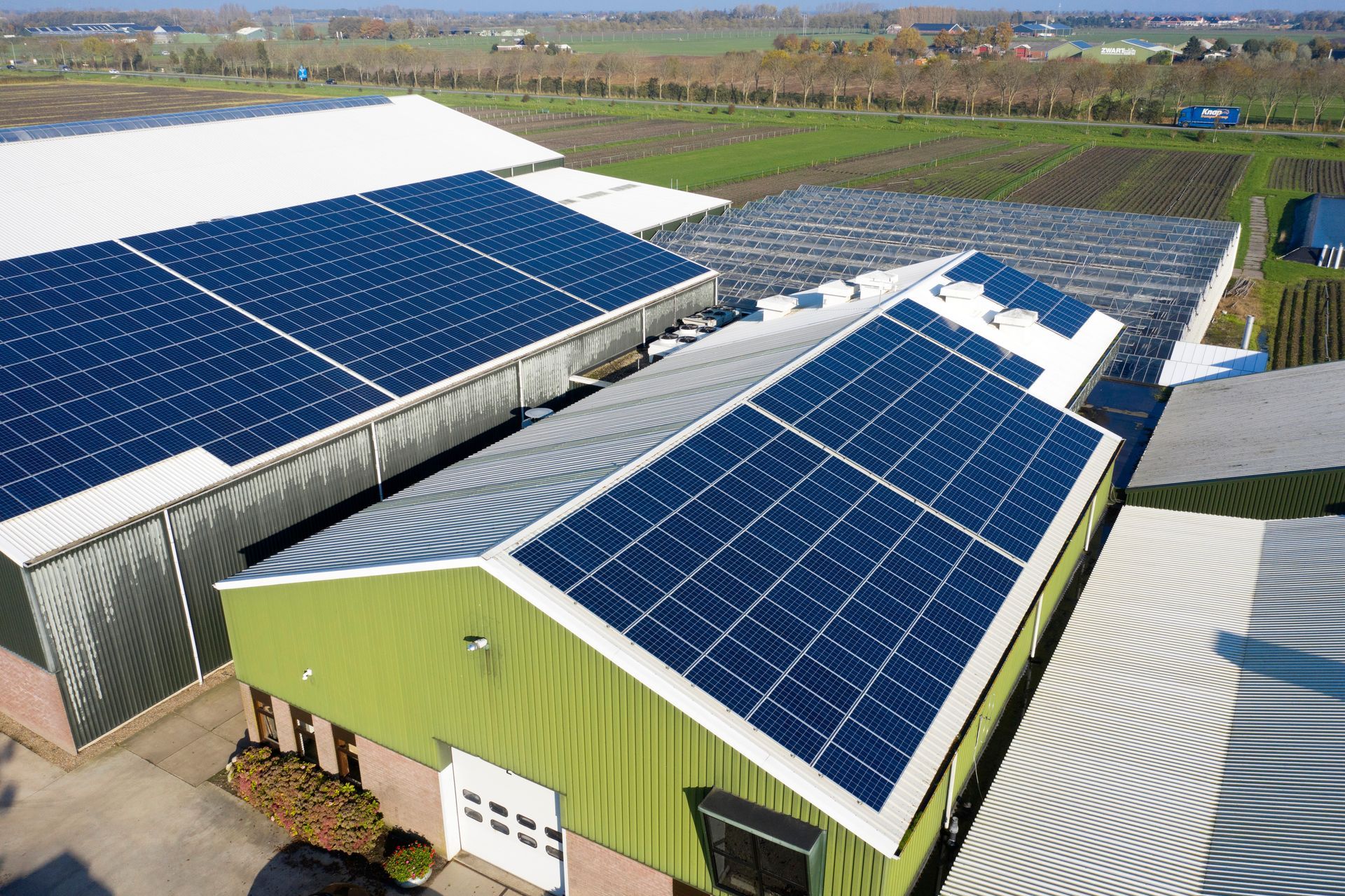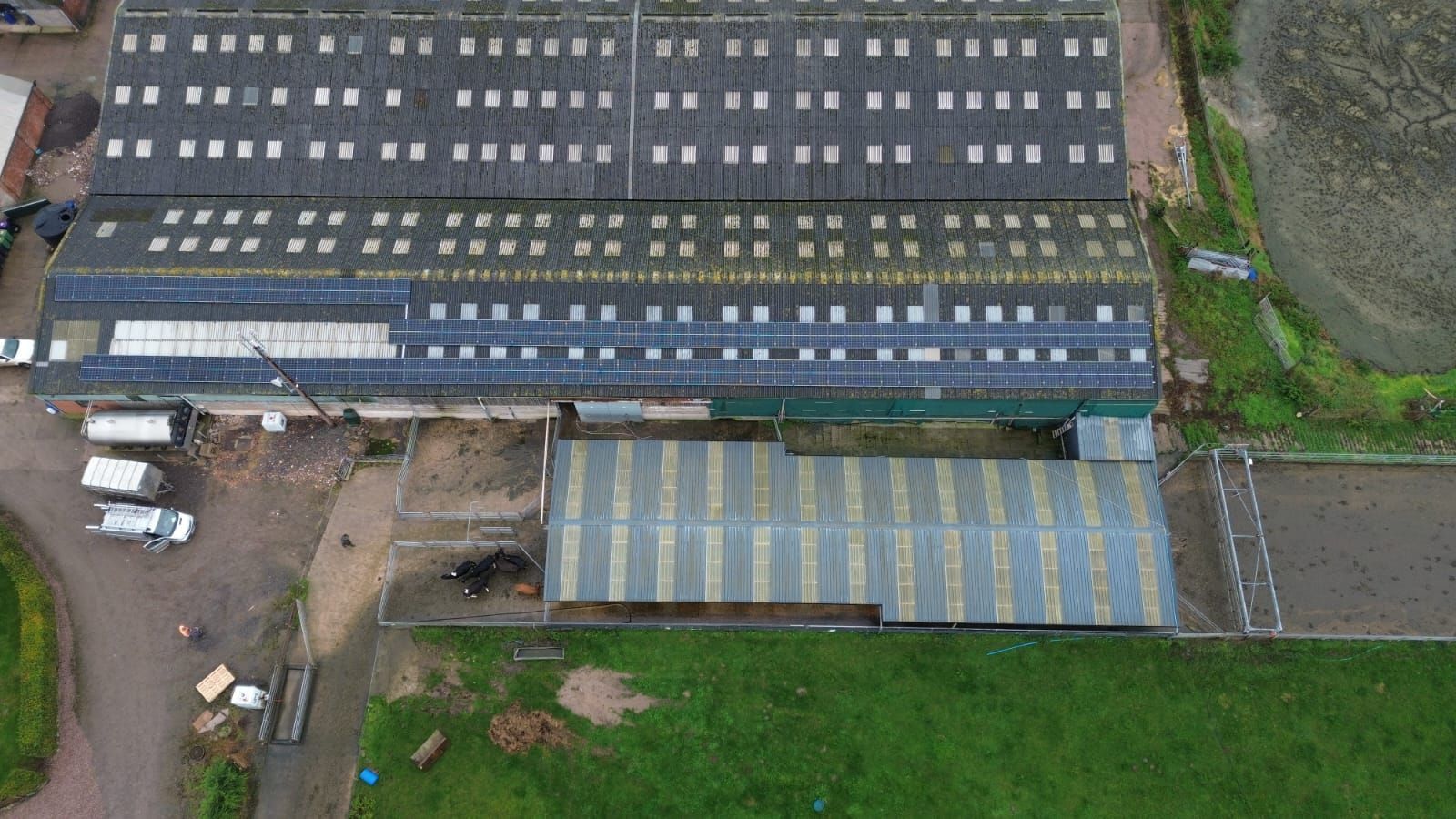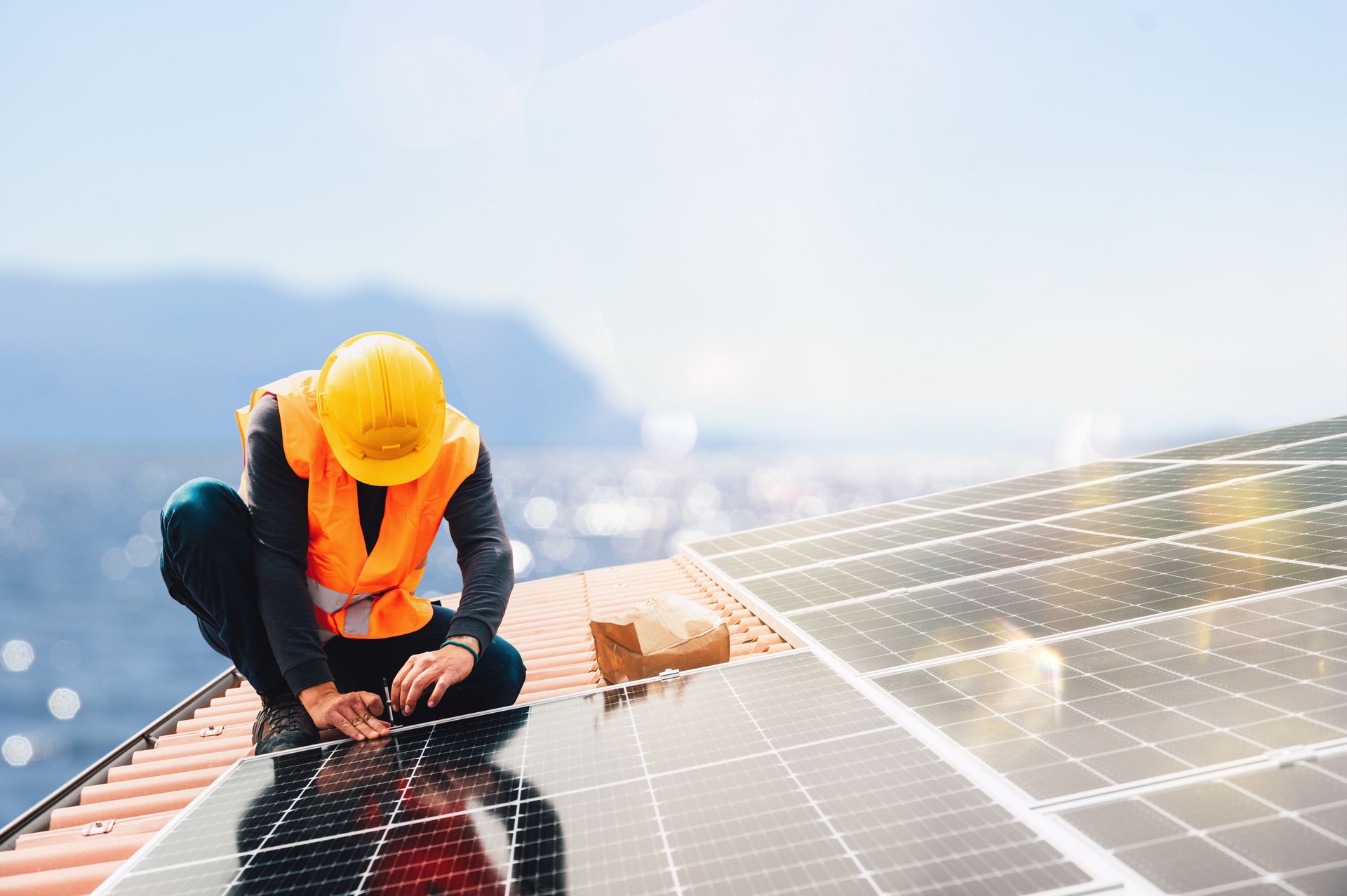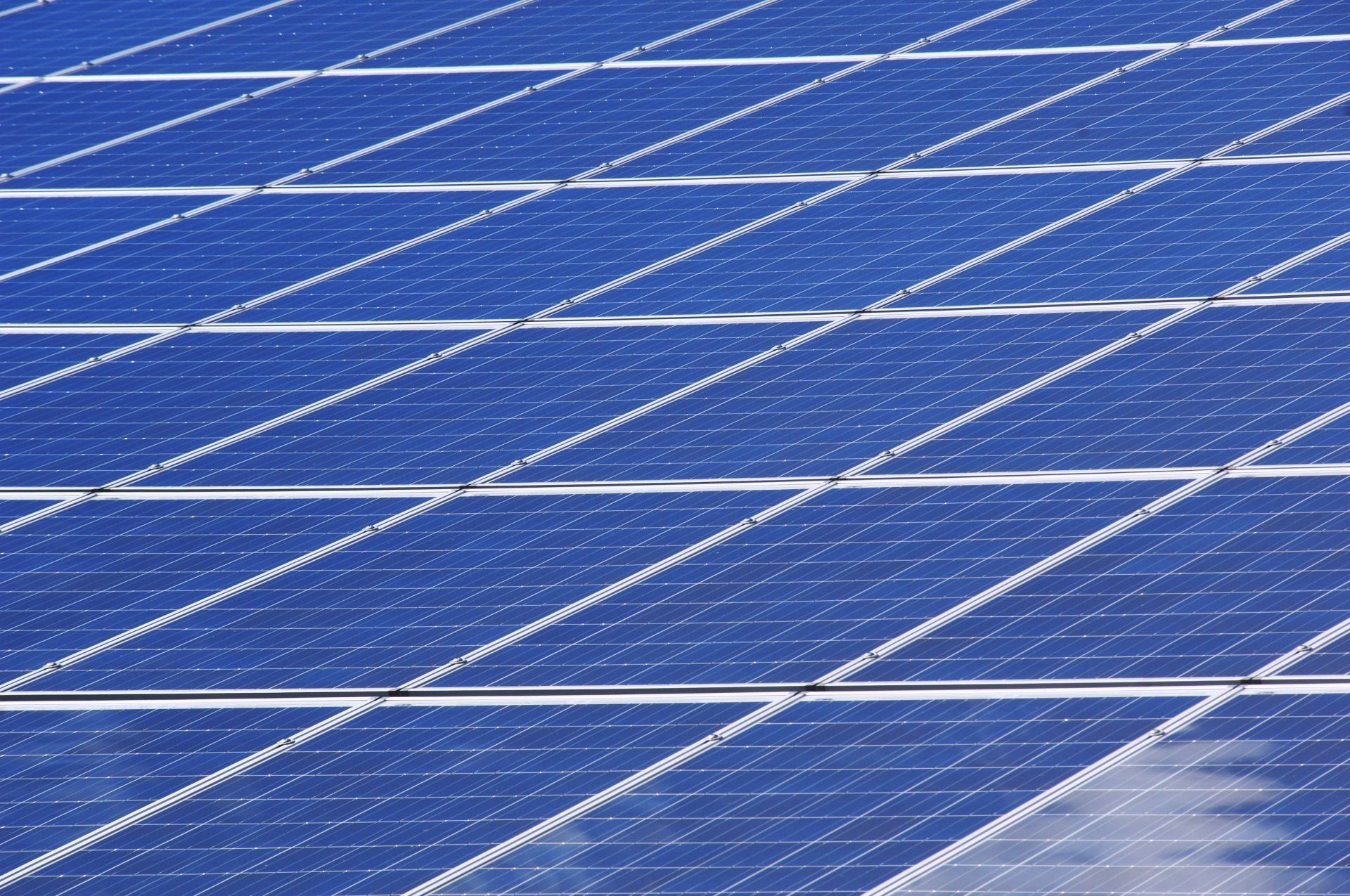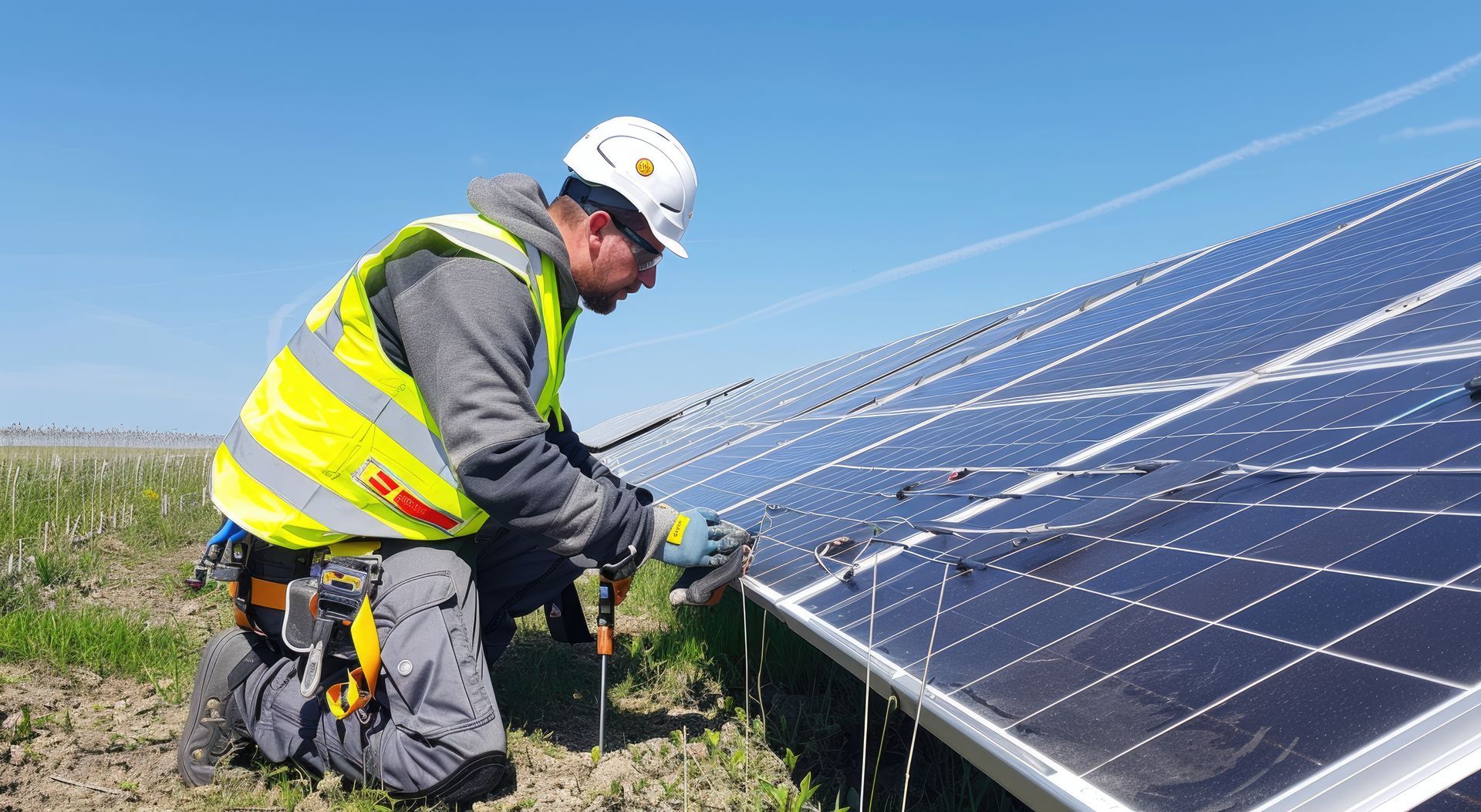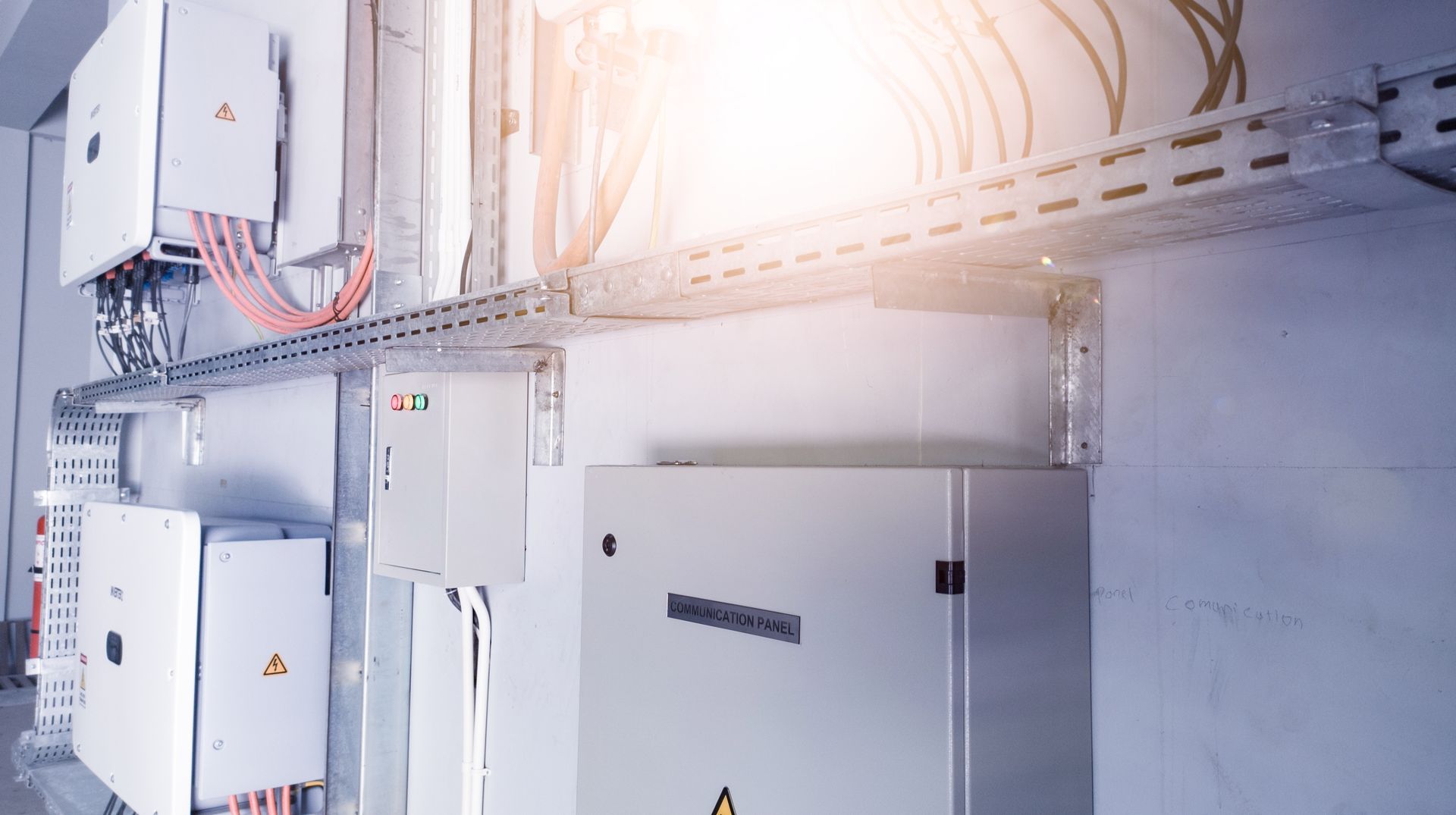How does the UK Government’s roll-back on climate goals impact solar energy initiatives?
After being a global leader in promoting climate goals, the UK government has taken a recent U-turn. There is no doubt that this will have implications for various aspects of the country’s green initiatives, including solar energy. Last week the government announced a rollback of some key green targets, such as the deadline for ending the sale of new petrol and diesel cars, which has been pushed back by five years to 2035. At the same time, the government aims to cut carbon emissions by 78% by 2035.
At the moment, it is not clear what impact this new directive will have on solar energy. However, it is important to note that the government has pledged that all the UK’s electricity will come from low-carbon sources (renewables and nuclear) by 2035. This commitment indicates a continued focus on transitioning to cleaner energy sources, including solar power.
It is very clear that the transition to renewable energy sources remains a crucial aspect of global efforts to combat climate change. While attempts are being made to utilise all aspects of renewable energy for this global transition, it is clear that solar energy is one of the key renewable energy sources that can contribute to reducing carbon emissions and dependence on fossil fuels. By harnessing the power of sunlight, solar panels can generate clean electricity without producing greenhouse gas emissions.
All countries are now looking at investing in renewable sources of generating electricity and even if the move to electric cars has been pushed back to 2035 in the UK, what must be kept in mind is that that move is still coming. Furthermore, market data shows that already a vast majority of new car buyers are moving towards electric vehicles, which, to be viable, will need renewable energy to charge their batteries.
Solar energy is one such source. Charging your car at home using solar PV is not only a great way of reducing your carbon footprint but also of ensuring independence from the grid (which may still be partially using fossil fuels). Here are some of the benefits:
- Renewable:
Sunlight is an abundant and renewable resource, making solar energy a sustainable option for meeting energy needs. - Reduced Carbon Footprint:
Solar power does not release harmful greenhouse gases during operation, helping to mitigate climate change. - Energy Independence:
Solar panels can be installed on rooftops or in open spaces, allowing individuals and communities to generate their own electricity and reduce reliance on traditional power grids. - Cost Savings:
Over time, solar energy can lead to significant cost savings on electricity bills, especially as technology advances and installation costs decrease.
While changes in climate goals may impact the pace and scale of solar energy adoption, it is important to continue supporting and investing in renewable energy technologies. Governments, businesses, and individuals all play a role in driving the transition to a more sustainable and clean energy future.
It is worth keeping an eye on further developments and announcements from the UK government regarding its renewable energy goals and policies. The transition to renewable energy sources remains a crucial aspect of global efforts to combat climate change, and while there might have been a delay, it is important to note that this transition is the future.


